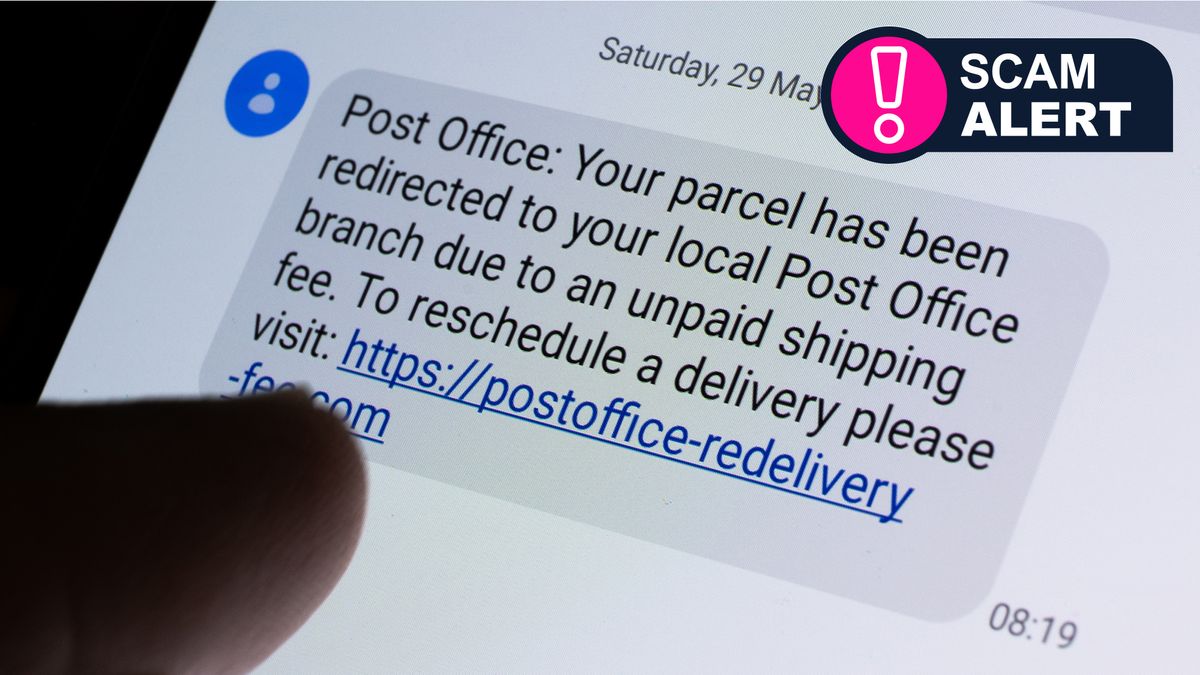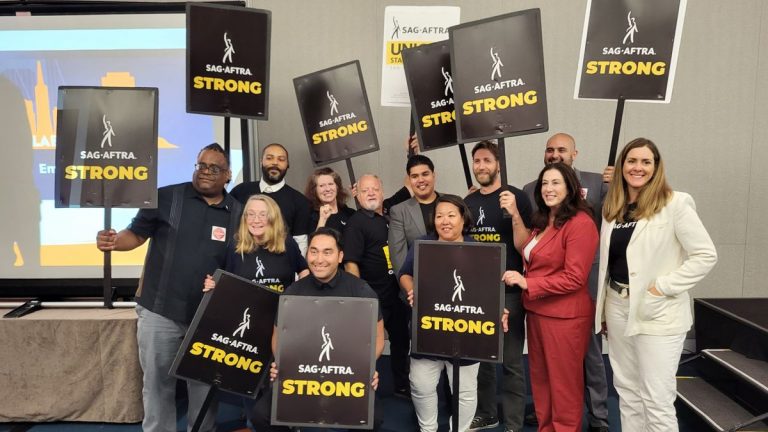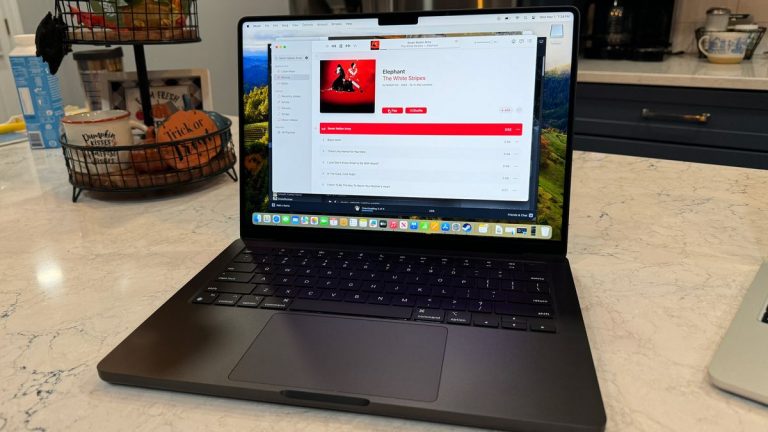Protect Your Holiday Cheer: How to Outsmart Rising Fake Parcel Delivery Text Scams

Beware: Fake Delivery Alerts Can Steal Your Personal Info
Are you receiving strange text messages claiming to be from courier services, such as FedEx, DHL, or UPS? Be cautious! A new survey has revealed that these fake delivery alerts are the fastest-growing scam of 2024. And, it’s crucial to know how to stay safe.
According to a study by NatWest, a UK bank, fake delivery alerts are on the rise, and it’s essential to be aware of these scams to protect yourself. So, what are these fake delivery alerts, and how can you avoid falling victim to them?
What’s the Scam?
These fake delivery alerts claim to be from courier services and inform you that a package has been attempted or is being delayed. They then prompt you to click a link to arrange redelivery or provide personal information. The link leads to a phishing website designed to look legitimate, asking for login credentials, credit card details, and more.
Why Are They Effective?
This scam is particularly effective during the holiday season, as people are more likely to be expecting deliveries and are more anxious to ensure their packages arrive safely. The scammers create a sense of urgency, making it difficult for victims to think critically about the message.
How to Stay Safe
To avoid falling prey to this scam, follow these simple tips:
- Stop and think: Be cautious of any urgent requests for personal or financial information, especially if it’s via SMS or email.
- Verify: Check the sender’s authenticity. Legitimate courier services will never ask you to follow a link and make a payment.
- Look for red flags: Be wary of grammatical errors, misspelled website addresses, or variations of real URLs.
- Use official resources: Head directly to the courier service’s official website and input your tracking number to ensure the information is genuine.
What the Couriers Say
FedEx, DHL, and UPS all agree: "We do not request personal information via unsolicited mail, email, or text." They advise not to click on suspicious links and to instead visit their official websites or contact them directly.
Additional Tips
- If you’re expecting a delivery, check your order confirmation for the courier service and tracking number. If the details don’t match, it’s likely a fake message.
- Report suspicious messages to your carrier or the courier service’s customer service.
- Keep your antivirus software and operating system up to date to protect against malware.
Stay informed, stay safe!






